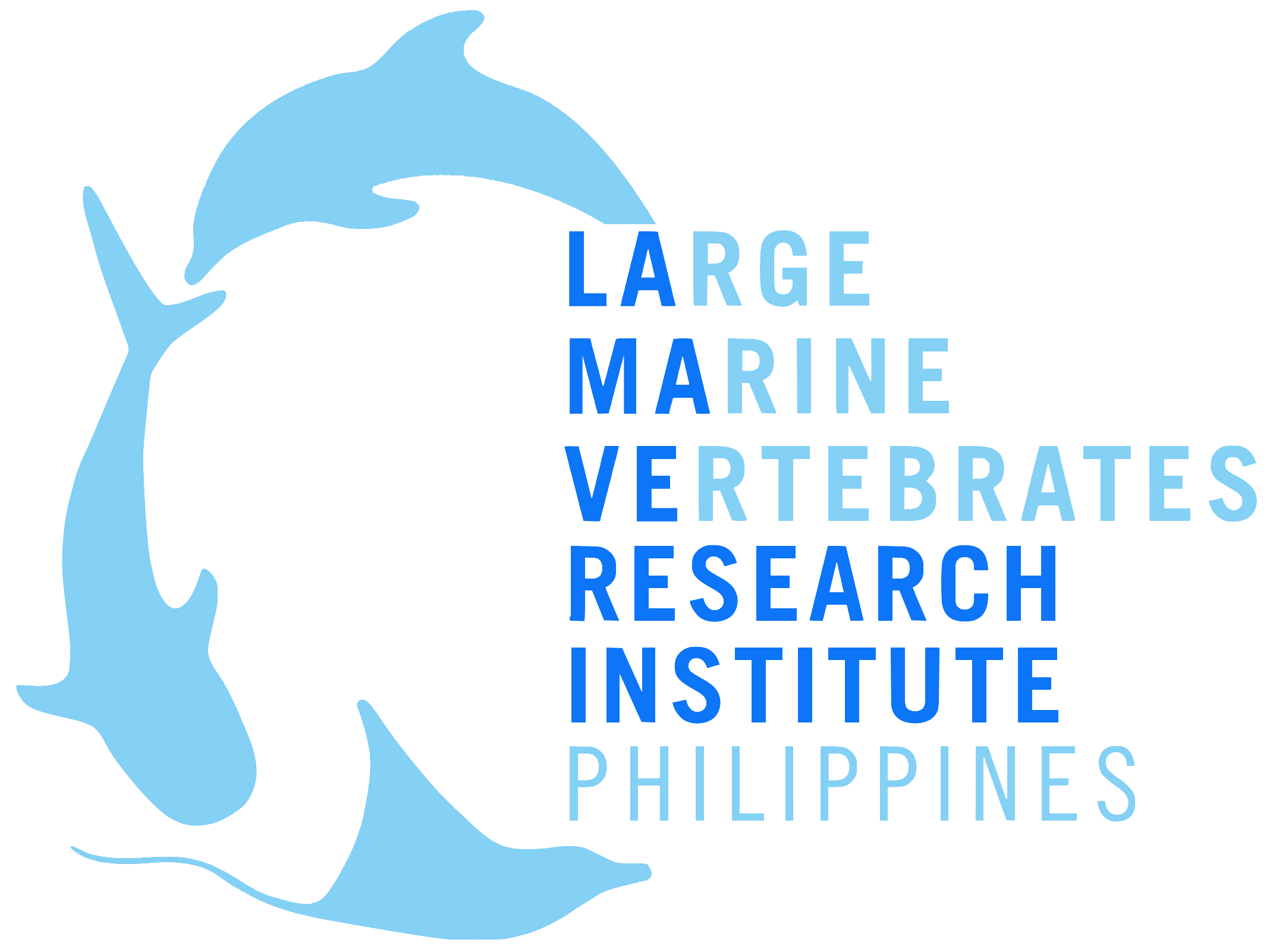“I just wanted to experience the different subfields and different kinds of work in marine biology to find out where I would be happy. I found conservation most interesting.”
Though the work he was doing was enriching, he still felt he wasn’t being fully exposed to actual conservation work.
“Those were interesting undertakings, but they were limited in terms of firsthand experience… I had been following LAMAVE’s work on Facebook and knew they were focused on marine megafauna. I saw the volunteer opportunity with them.”
It was an excellent chance to try to discover his passion and place in the marine biology field. Kier has always been really passionate about marine turtle conservation, so he joined a pioneering project in Apo Island to study sea turtles. And his adventure was on.
“Ang daming firsts for me during that time (There were so many firsts for me during that time). My first time doing field work. In-water observation, a first. First time to study marine turtles in the wild. First time working directly with international people. First time working directly with an NGO.”
“It was transformative and eye-opening at the same time. Dun ko na-feel yung real experience of a scientist doing conservation work (That’s when I felt the real experience of a scientist doing conservation work).
He relished the chance to study turtles as closely as possible. Additionally, he was also able to learn about community work.
“I got to study turtle behavior, but also people’s behavior. It was a real social experience on conservation work. It isn’t just about gathering data. It is also about engaging with the local communities. What are the values of people. What are their thoughts on conservation.
According to him, the experience in the Apo Sea Turtle Project was empowering on so many levels. “I gained confidence. I brought those amazing experiences with me.”
“After volunteering with LAMAVE and finishing my other work projects, I entered graduate school in the University of the Philippines Los Banos (UPLB) taking up my Master’s degree in Wildlife Studies. Now, I am a full-time student with a full scholarship.”
He feels lucky to have had opportunities to learn in the classroom and gain experience in the field - like in UPLB and in LAMAVE, opportunities that might have normally been too expensive for many people in the Philippines. Now, he is motivated to bring more young Filipinos into the world of marine conservation.
“I want to teach in Mindanao State University... as a research professor doing field work and teaching at the same time. I want to impart my learnings, my network, my experiences... to get more people into the field of conservation. Encourage people to join this movement.”
















